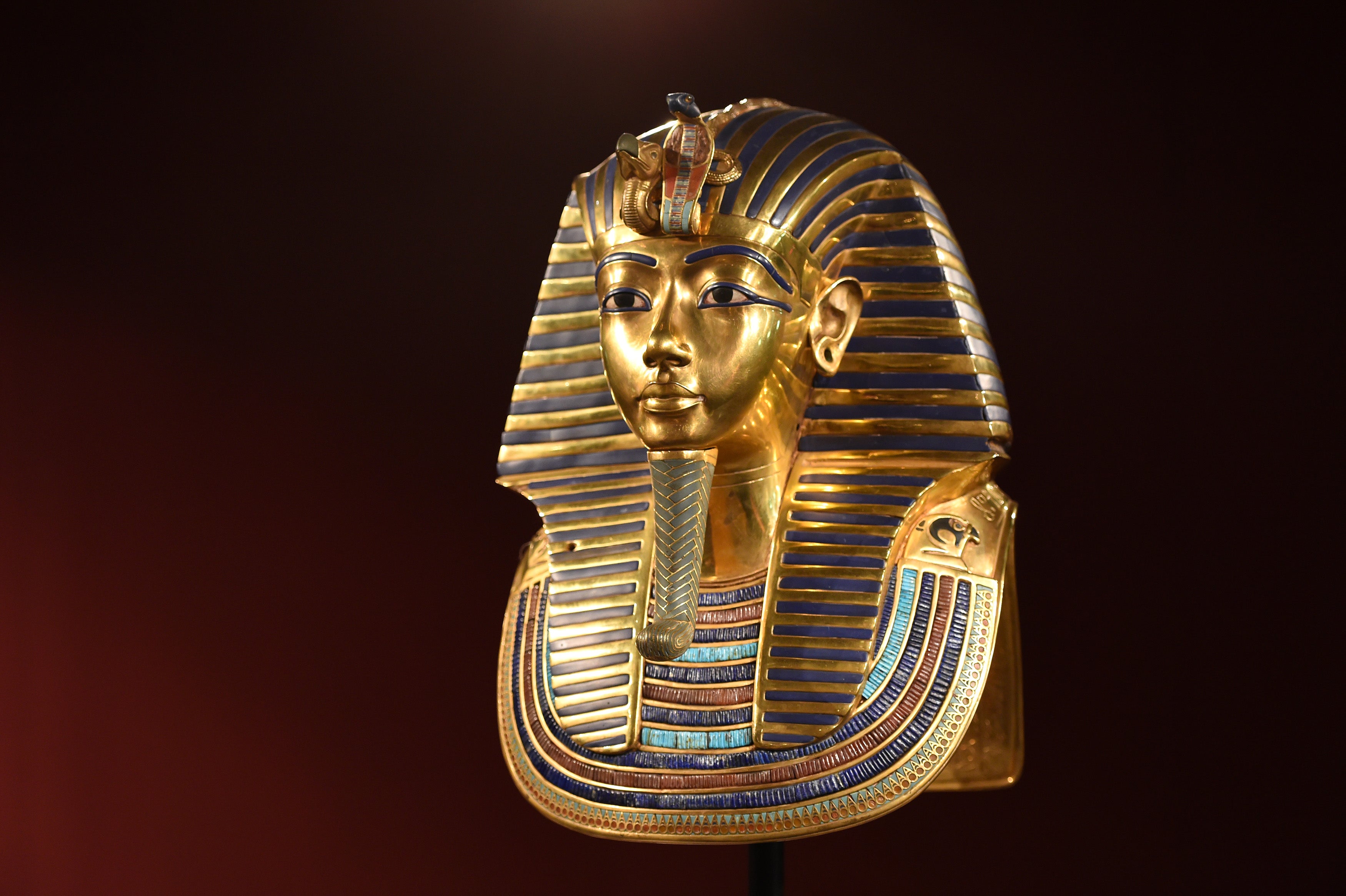Archeologist who discovered Tutankhamun’s tomb may have stolen treasure, new evidence suggests
Howard Carter discovered the tomb in Egypt’s Valley of the Kings in 1922

The archaeologist who discovered Tutankhamun’s tomb in the early 1900s may have helped himself to some of the Egyptian pharoah’s treasures, new evidence suggests.
Howard Carter found Tutankhamun’s tomb in November 1922, while on a digging expedition in the Valley of the Kings. He wrote in his diary at the time that the chamber was filled with a “wonderful medley of extraordinary and beautiful objects heaped upon one another.”
Now a previously unpublished letter has emerged, which alleges that Mr Carter could have stolen some items from the site.
The letter was sent to Mr Carter in 1934 by a scholar on his own excavation team, Sir Alan Gardiner.
Mr Carter had shown Sir Alan a “whm amulet”, which had been used for offerings to the dead, and apparently assured him that it had not come from Tutankhamun’s tomb, The Guardian reported.
However Sir Alan was told by the then British director of the Egyptian Museum in Cairo that the amulet matched others found in the tomb and likely had been stolen.
He enclosed the director’s verdict in a letter to Mr Carter. It read: “The whm amulet you showed me has been undoubtedly stolen from the tomb of Tutankhamun.”
Sir Alan wrote to Mr Carter: “I deeply regret having been placed in so awkward a position... I naturally did not tell Engelbach [the director] that I obtained the amulet from you.”
It has long been rumoured that Mr Carter had taken treasures from the excavation.
The letters will be published in a new book, Tutankhamun and the Tomb that Changed the World, from Oxford University Press.
Subscribe to Independent Premium to bookmark this article
Want to bookmark your favourite articles and stories to read or reference later? Start your Independent Premium subscription today.

Join our commenting forum
Join thought-provoking conversations, follow other Independent readers and see their replies